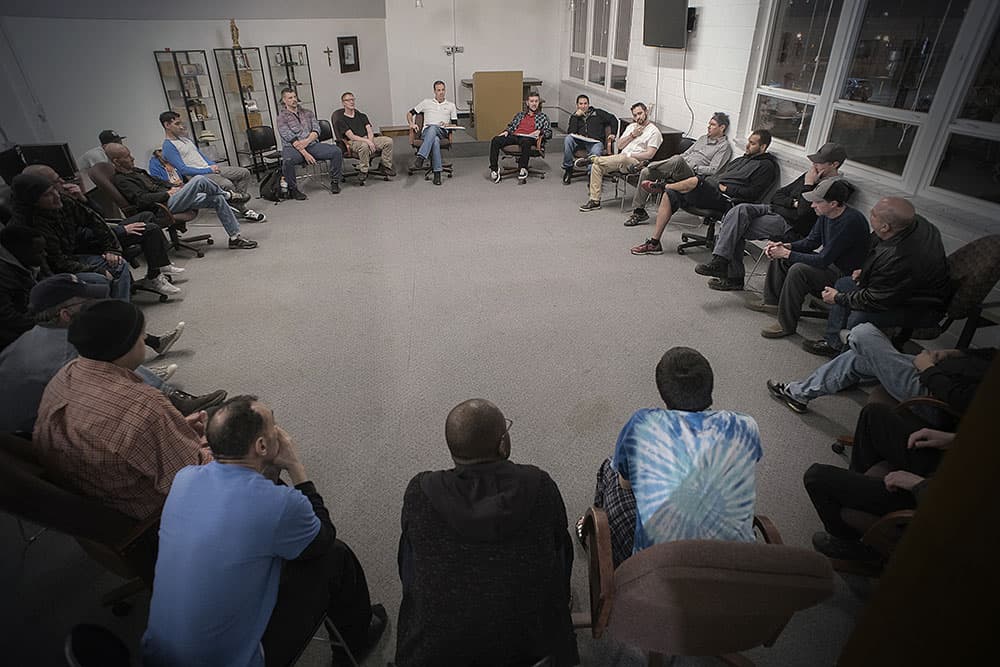Phase One:
Stability
When you enter the program, the number one goal is to take you out of the survival-mode frame of mind by giving you a safe, stable, and secure place to start your recovery.
Above everything: Our goal is to help men in a state of desperation end their cycle of addiction, take back control of their lives, and transition to a safe and sober living environment where they can become productive, contributing members of their families and our community. Highly motivated men are given the opportunity to recover through our Peer Recovery Support Model.
To help them get there, Step Denver developed the Steps for Success program based on our four pillars: Sobriety, Work, Accountability, and Community. They receive guidance from their Recovery Support Manager — a Step Alumnus and Certified Peer Recovery Coach — recovery education groups, 12 Step fellowship meetings, career counseling, life skills classes, and most importantly, another chance. At Step, we can stay sober together better than any one of us can alone.
